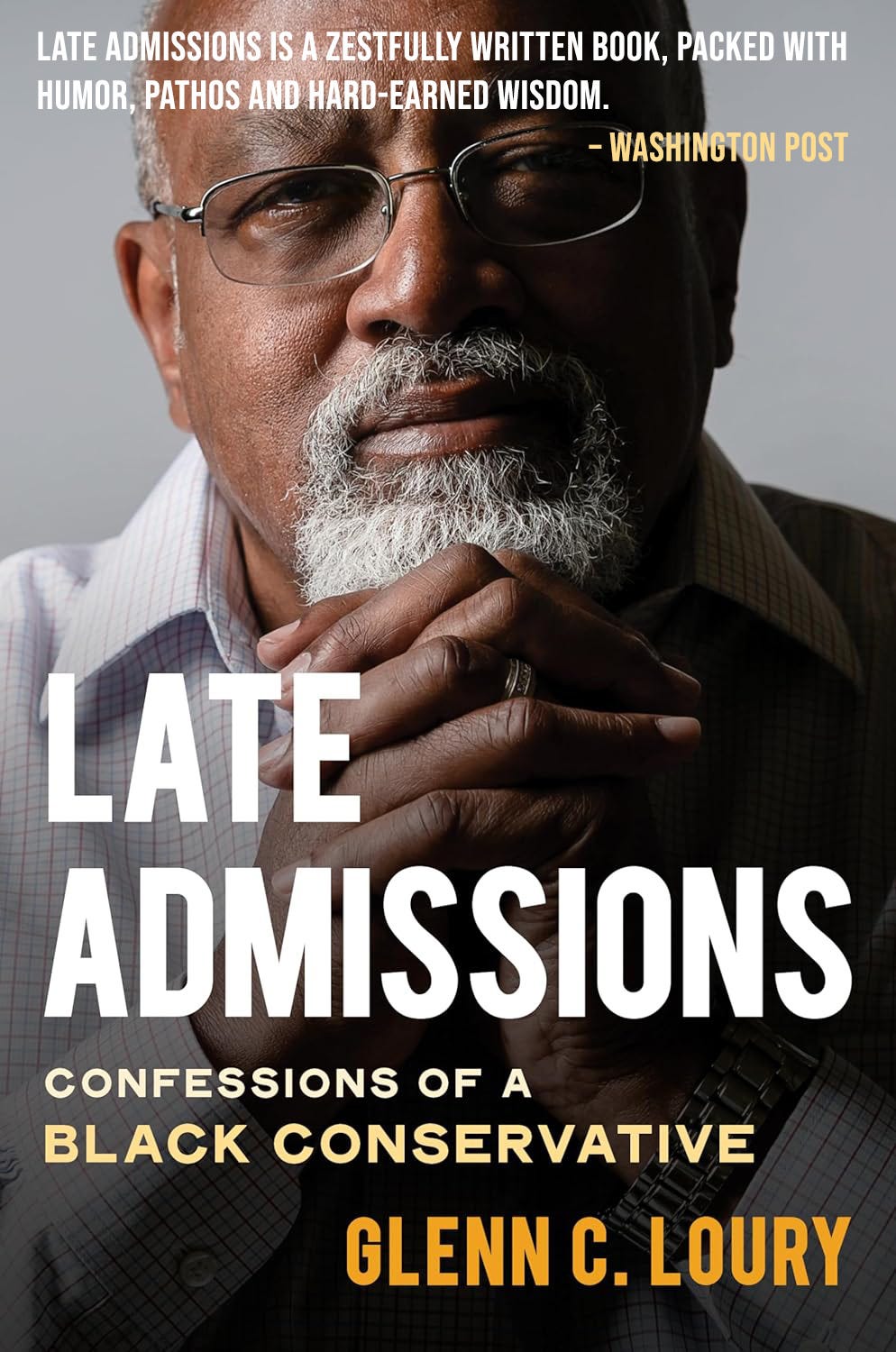No, my friend John McWhorter is not opposed to democracy as a political system. What bothers him is the rhetorical use of the term “democracy.” In this clip (and in his New York Times column), he argues that it’s a vague, abstract word that fails to convey what’s most important about our system: it puts power into the hands of the people.
This is a clip from the episode that went out to paying subscribers on Monday. To get access to the full episode, as well as an ad-free podcast feed, Q&As, and other exclusive content and benefits, click below.




John should spend his time thinking more about what’s actually going on that worrying about whether terms have worn out. I guess he has the luxury of being able to spend his time thinking about such things.
Let’s mention some other terms that have lost their meaning:
• racist
• nazi
• white supremacist
• transphobe
• homophobe
• insurrectionist
What do these terms have in common?
1. They are all used by the left
2. They all incorrectly, by the left (calling a Jewish person a nazi, for example)
3. They are overused, by the left, to the point they lose any meaning. For example, I no longer care if I was called a racist by the left
Notice a pattern? You should, because I’ve spelled it out.
So how about people on the left focus on substance and policy rather than name calling and character assassination?
I’ll see John’s linguist and raise him one lawyer.
The only feature of our system that is based on pure democracy is initiative and referendum. States like Minnesota (where I live), which conduct referenda but only on proposals put forth by the legislature, do not have a purely democratic feature.
In theory our system is a constitutional democratic republic. Laws are made by elected legislators, and enforced by an elected (indirectly in the case of the President) executive. Our state and Federal constitutions are written, and limit the power of governments. The limits in those constitutions are enforced by judges. Although it took almost 200 years, since 1970 all adult (18+) citizens are entitled and practically able to vote.
But there is a defect in our system that adds an oligarchic or aristocratic element. Because there are no practical checks on the judiciary (especially in the Federal constitution), the Courts, especially the Federal Supreme Court, have developed into super-legislatures. Particularly when it comes to social issues, we are governed by the judiciary. As a result, the final decision makers on issues like abortion, school “integration” and gay marriage are not elected representatives, but judges, which is a fancy name for lawyers who know politicians. Since the 1980s, the Federal Supreme Court has consisted of appointees from a very small number of elite schools. Since 1970, all of the Justices appointed have graduated from Harvard (10), Yale (4), Stanford (2), Northwestern (1), Columbia (1) and Notre Dame (1). The current court has 4 Justices from Harvard, 4 from Yale and 1 from Notre Dame. This concentration of graduates from the top law schools means the Supreme Court is not representative of anything except the elite of the legal profession. If the Court were exercising a purely legal function, this would not be a problem. But since it legislates, it is a severe defect.
In public discourse, “democracy” means “the government I wish we had.” So American Progressives argue that the role of the U.S. Supreme Court is undemocratic now that it has a majority of “conservatives,” even though they lionized the Court when it was dominated by liberals in the late 20th Century, and even though they simultaneously argue against legislation to limit the Israeli Supreme Court, which legislates without a written constitution to provide a fig leaf but is more liberal than the elected Knesset. “Our democracy” means different things depending on the ideology of the person using it. So when you hear that so-and-so is a “threat to democracy” or a “threat to our democracy,” what that really means is “a threat to the government I wish we had.”